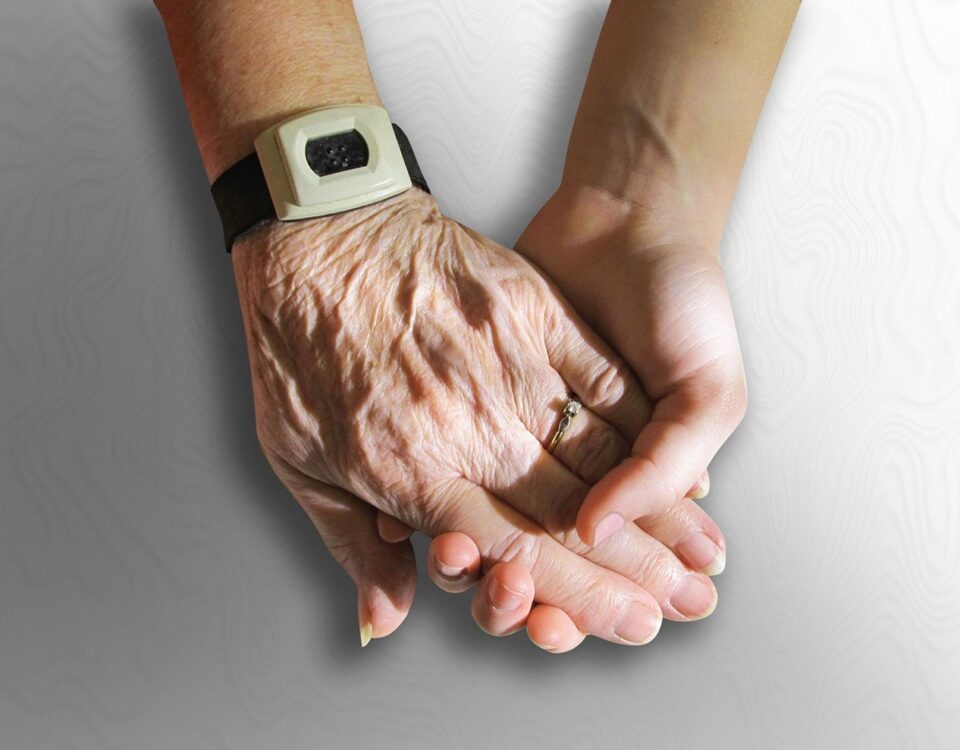You can’t always be there. But we can.
In-Home Care Costs: What Families Need to Know

Elderly Stress- What Causes It and What You Can Do
October 9, 2023
Understanding Senior Care Options
March 14, 2025In-Home Care Costs: What Families Need to Know
What Does Medicare, Medicaid, and Private Insurance Cover for In-Home Caregiving?

Being a caregiver is an act of love and compassion. However, it can also be a financial challenge. Understanding how to leverage resources like Medicaid, Medicare, and private insurance can be critical to preserving your parents’ or loved ones’ independence. The professional staff at 1Heart Caregivers have many years of experience (both professional and personal) navigating the financial questions many families have and so this article aims to provide a general overview of how to pay for in-home care costs. After reading this article, you are encouraged to speak with a financial advisor, insurance representative, or legal counsel to receive individually tailored advice. Understanding how and when insurance (including Medicare) does cover in-home caregiving can be complex, but the support you need is available.
What is In-Home Care?
In-home care refers to services provided to help someone with their daily activities. This can include help with bathing, dressing, meal preparation, medication management, and more. In-home care costs vary widely depending on the level of care needed. For instance, specialized around-the-clock care costs more than general companionship.

How Can Medicaid Help?
Medicaid is a state and federal program that provides health coverage for some low-income individuals, including some low-income adults, children, pregnant women, elderly adults, and people with disabilities.
Medicaid can potentially cover a substantial portion of in-home care costs. To apply for Medicaid assistance, you must contact your local Department of Social Services or a similar agency in your state.
How Can Medicare Help?
Medicare is a federal program that provides health coverage if you are 65 or older or have specific disabilities. Unlike Medicaid, Medicare eligibility isn’t based on income. Many adult children with elderly parents have questions about how and when Medicare covers in-home caregiving.
Medicare does cover some in-home care costs and services, so it’s essential to understand what’s included. Generally, Medicare will cover short-term, medically necessary home health care services like intermittent skilled nursing care, physical therapy, speech-language pathology services, and occupational therapy.
Applying for Medicare is a straightforward process that typically begins three months before your 65th birthday.
How Can Private Insurance Help?
Private insurance refers to any health insurance plan the government does not fund. The coverage varies widely depending on the plan. Some private insurance plans may cover a portion of in-home care costs, mainly if the care is medically necessary.
To leverage your private insurance for in-home care, it’s best to contact your insurance provider directly. They can provide detailed information about your policy’s coverage and potential out-of-pocket costs.
However, remember that private insurance may not cover all types of in-home care, and there may be limitations such as specific network restrictions or pre-authorization requirements.
Other Options for Covering In-Home Care Costs
Does medicare cover in-home caregiving 100% of the time? Unfortunately, that is rarely the case. However, there are other avenues to explore. Long-term care insurance policies can sometimes help cover the cost of in-home care, although they often come with hefty premiums. Reverse mortgages can also provide you with the necessary funds by allowing you to borrow against the value of your home.
Tips on Navigating the System
Navigating insurance and benefits can be complex, but here are a few tips that may help:
- Stay organized: Keep important documents and records in one place.
- Be persistent: Don’t be discouraged by initial denials. Appeal decisions if necessary.
- Seek assistance: Consider working with professionals such as elder law attorneys or financial advisors specializing in elder care issues.
1Heart Caregiver Services Can Help
Covering in-home care costs can be a significant challenge, but remember, you’re not alone. When you’re trying to figure out when medicare covers in-home caregiving, be sure to explore all your options, seek professional advice, and don’t hesitate to reach out to local community organizations that offer assistance. Remember, as a caregiver, caring for yourself is as important as caring for your loved one. You’re doing important work and finding the support you need is crucial.
Please get in touch with us to learn more about the professional in-home senior care services 1Heart Caregivers provides. Our experienced caregivers provide companionship, in-home care, custom care such as transportation to medical appointments, and specialized Alzheimer’s and dementia care.
We look forward to talking with you about your loved one’s health and happiness.

